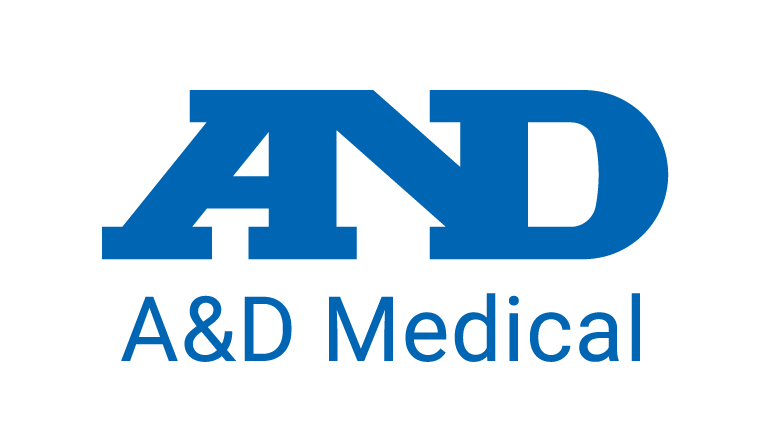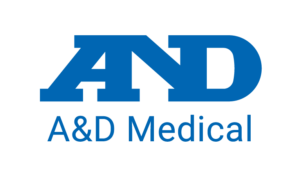Maximizing Patient Care: The Significance of Accurate Biometric Measurements and Reliable Data Transmission in Remote Monitoring
In today’s healthcare landscape, remote patient monitoring (RPM) has become a cornerstone for delivering proactive and tailored care, especially for managing chronic conditions like hypertension. However, the efficacy of RPM relies heavily on two pillars: accurate measurements and reliable data transmission. Let’s explore why these aspects are crucial to enhancing patient care and outcomes.
Importance of accurate biometric measurements
Accurate biometric measurements are essential for effective patient care. For healthcare providers, precise readings are necessary for informed decision-making regarding treatment plans, medication adjustments, and lifestyle interventions. In remote monitoring, measurement accuracy is even more critical because interactions are not face to face.
Early Intervention: Accurate readings enable early detection of deviations from target values and facilitate timely intervention to prevent complications.
Tailored Treatment Plans: Reliable data allow customization of treatment plans based on individual patient needs, ensuring optimal management, and minimizing risks associated with overtreatment or undertreatment.
Improved Patient Engagement: Patients who trust the accuracy of their measurements are more likely to engage in self-monitoring and adhere to prescribed interventions, leading to better health outcomes and increased satisfaction with care.
The Crucial Role of Reliable Data Transmission
The other critical component in remote patient monitoring is to make sure the data gets transmitted to the healthcare provider. Reliable data transmission is essential for using the data in patient care management. Here’s why healthcare professionals should prioritize this aspect:
Timely Intervention: Reliable data transmission enables healthcare providers to receive real-time updates on patients’ vital measurements, facilitating prompt intervention in case of abnormal values or emergent situations.
Data Location: Getting the data transmitted to an electronic health record or a preferred digital health platform that is convenient for healthcare provider review is essential to an effective program.
Data Accuracy and Integrity: Ensuring reliable data transmission maintains the accuracy and integrity of patient information, minimizing errors or inconsistencies that could compromise clinical decision-making.
Efficient Healthcare Delivery: Streamlining remote monitoring processes through reliable data transmission enhances healthcare delivery efficiency, reducing burdens on both patients and providers and enabling more effective resource utilization.
Accurate measurements and reliable data transmission are indispensable components of remote patient monitoring, crucial for optimizing patient care and outcomes. As healthcare professionals harness the potential of RPM, prioritizing the quality and reliability of these elements is paramount.




